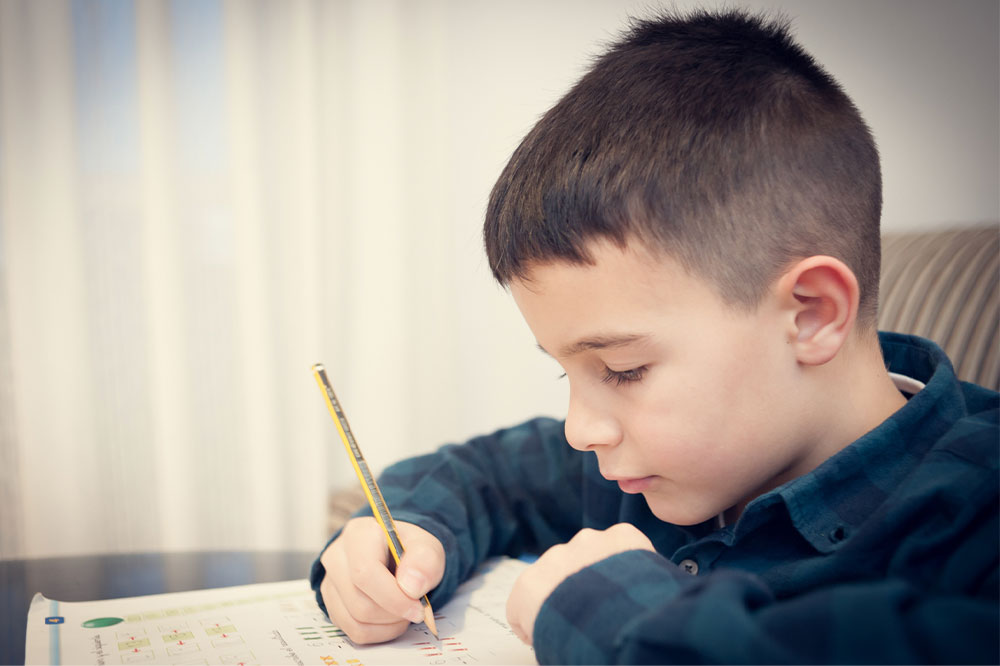6 early signs of autism in children

Autism Spectrum Disorder is a neurological condition that results in developmental issues, particularly affecting a child’s communication and interaction skills. The progressive disorder triggers certain deficits in social skills that limit their range of interests, behavior, and insights. Autism significantly impacts a child’s normal development with communication and behavioral traits that begin to affect their daily routine. Here are the early signs of autism in children requiring immediate specialist consultation for prompt diagnosis and assessment.
Slow response and reaction to emotional cues
The baby or child responds slowly to emotional cues. Being slow to smile or laugh, resisting holding or even cuddling, and not showing keen interest in objects around are all early signs of autism in children. Babies start to avoid eye contact, have difficulty listening, cannot babble naturally, and even develop facial expressions that don’t match the expected reaction. Another critical sign of autism is the baby failing to respond to their name being called out in the first 12 months.
Abrupt emotional patterns
Toddlers and preschoolers who don’t engage in pretend play (any activity that creates a caring emotional connect with an object or person) are indicative of the early stages of autism. Between 12 and 18 months of age, parents must observe and see if their child prefers playing alone and deliberately avoids social interactions. If yes, then it is a clear indicator of developing social isolation.
Speech problems
Young kids also develop unusual speaking and engaging patterns as autism progresses from the early stages. Some noticeable speech changes include speaking in a monotone voice or responding in an unusually disturbing rhythm. Kids may also stop responding to requests or start giving completely unrelated answers to questions. If there is a repetition of certain words or phrases, this is a serious sign of cognitive dysfunction that should not be ignored.
Behavioral changes
Kids may start to throw tantrums and develop temper problems with autism. And these responses can develop even to the slightest changes in daily routine or activity as they find it difficult to adjust to the change. One more alarming sign requiring immediate professional consultation is the increased intensity of inflicting self-harm, like banging one’s arms, legs, or head on surfaces.
Unusual interests and preferences
Kids may also develop an unusual interest in objects that others might find very odd. For example, a child may be obsessed with the carpet’s pattern or a symmetrical shape on their favorite toy. If they are separated from this object, it is quite possible for the child to throw tantrums. They may even begin to react to sensory cues like smells, sight, and sound in an alarming manner out of fear or confusion. Children also tend to develop unusual food and eating preferences with a particular obsession for a single food or beverage item.
Abrupt movement
Moving rapidly, going in circles, rocking the body back and forth, and even flapping the hands or feet unnecessarily are all worrying signs of autism that require immediate diagnosis and treatment. Young children who develop hyperactivity to sensory triggers in and around their surroundings will also develop these movements that are not natural for kids their age.







